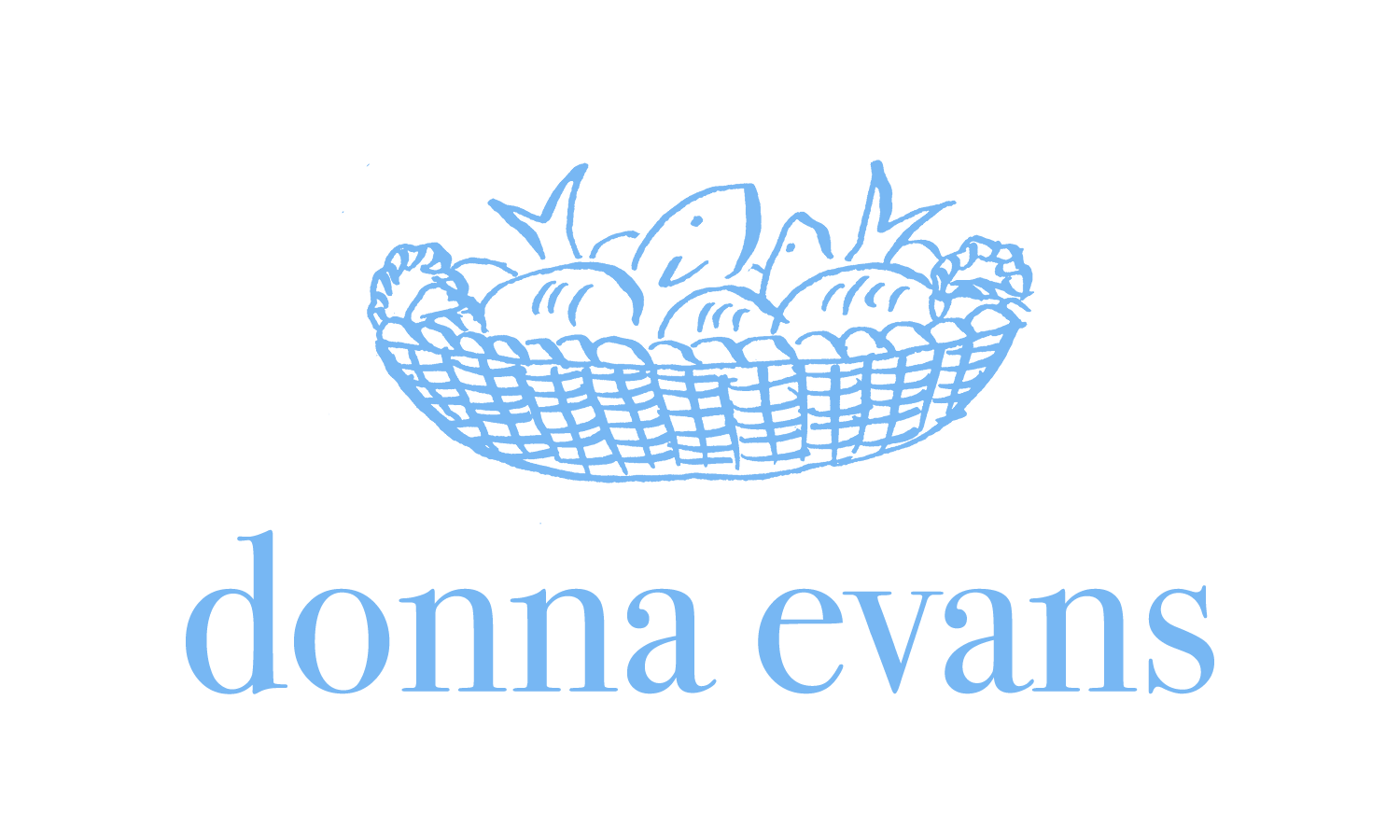Critical Choices
“Choose what please me.”
Isaiah 53:4 (NIV)
“Choose what pleases me.”
Isaiah 56:4 (N(V)
We’ve heard a lot about women’s choices and the right to choose over the last two weeks. The unprecedented leak of a preliminary Supreme Court draft opinion that would overturn the landmark Roe vs. Wade case has generated public outrage and chaos across our country. Both Pro-Life and Pro-Choice advocates claim to be on the right side of the abortion issue.
Throughout Scripture the Bible introduces us to women who made good critical choices. Today’s devotional remembers five such women: Mahlah, Noah, Hoglah, Milcah, and Tirzah. Collectively they are remembered as the daughters of Zelophehad. Their story is first recorded in Numbers 27:1-11 and later in Numbers 36:1-12 and Joshua 17:3-6.
With the Exodus, God miraculously delivered the nation of Israel from 400 years of Egyptian slavery, but the people stubbornly refused to go in and take possession of their new land. The result of their unbelief and rebellion was a painful 40-year wilderness wandering. Only Caleb and Joshua, the two faithful spies, survived to enter the Promised Land. Just before his death, Moses obediently completes an all-male census prior to dividing the yet unconquered land. Per God’s command, only numbered men would receive an inheritance in Canaan.
Just before the land is divided, five brave women approach Moses at the Tent of Meeting, ask a reasonable question, and make a bold request. “Our father died in the desert…and left no sons. Why should our father’s name disappear from his clan because he had no son? Give us property among our father’s relatives.”
Moses couldn’t answer their important question and he lacked the authority to grant their request. It was unprecedented. But like Zelophehad’s daughters, Moses knew God could. He presented the women’s case to the Lord. God ruled in their favor and granted the daughters’ request. That judgment didn’t just impact Zelophehad’s daughters. It changed inheritance case law for all of Israel.
What motivated these five women to take such a united and public stand; risk ridicule from Israel’s leadership, and make such a bold and courageous request? Was it simply a desire for the land and the financial security it represented? Did they just want to be settled in a home after 40 years of wandering? Did they understand that possessing the land would be one of God’s covenant promises fulfilled (Genesis 12:1-3)?
Regard for their father’s glory fueled the sisters’ courageous actions. Their thoughtful question, “Why should our father’s name disappear because he had no son?” demonstrates their collective concern for their father’s name and honor, not their own. Their bold request “give us property” demonstrates the women’s faith in the character and faithfulness of God. Unlike the wandering Israelites, these five women by faith believed God’s promises and took possession of their covenant inheritance. In doing so, they both secured their land and preserved Zelophehad’s name. God in his lovingkindness was willing to give so much more than the women requested. He preserved their individual names as well.
We can learn a lot from the Daughters of Zelophehad. These women had a passion for their father’s glory; an understanding of their covenant inheritance; and a confidence and boldness in prayer. They were willing to boldly ask God for the seemingly impossible and trust Him for His answer. Can the same be said of us?
Read Paul’s letter to the church at Ephesus and you will find three chapters listing our “inheritance of riches.” (Ephesians 1:18) Only if we understand our rich inheritance in Christ will we be truly motivated to live a life worthy of His Name.
Ask yourself, “Am I more concerned for God’s glory than for my own? What would I be willing to risk in order to exalt and honor His Name?” Am I willing to boldly bring my requests to God’s throne of grace and trust him with the result?
Choosing always means making a choice. And choosing to honor God’s Name over our own is always a good choice.
“Not to us, O Lord, not to us, but to your name be the glory.” Psalm 115:1



